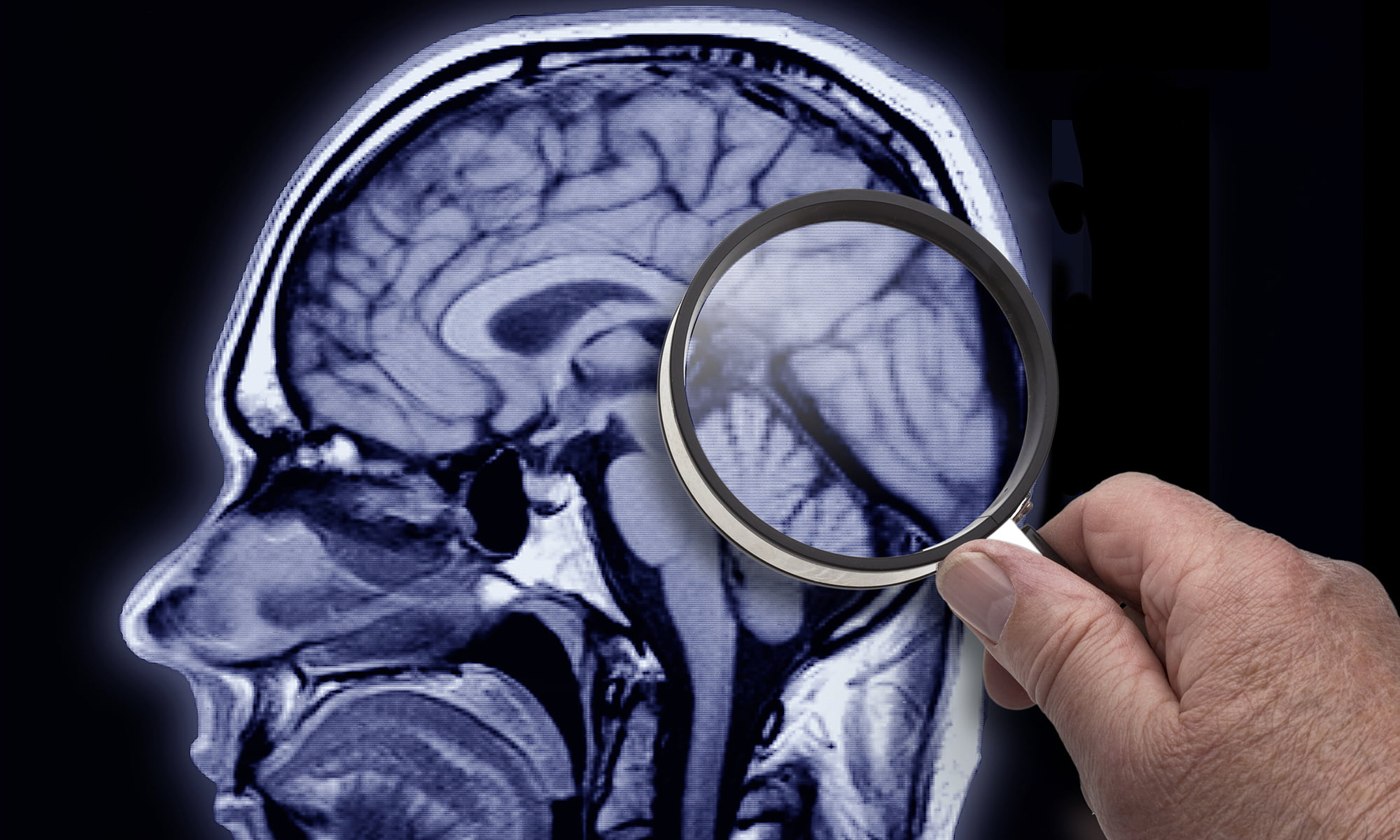Diagnosing Amnesia
Initial Evaluation
A thorough evaluation is essential to diagnose amnesia and exclude other causes of memory impairment, such as Alzheimer’s disease, various dementias, depression, or brain tumors.
Gathering Medical History
The diagnostic process begins with a comprehensive medical history. Since the affected individual may not recall all details, input from relatives or caregivers is invaluable.
Key Questions for Understanding Memory Loss
Healthcare providers may inquire about:
- Nature of memory loss: Is it a recent development or a long-standing issue?
- Onset and progression: When did the memory issues emerge, and how have they evolved?
- Potential triggers: Were the memory problems precipitated by events like head injuries, strokes, or surgical procedures?
- Family medical background: Is there a history of neurological diseases?
- Lifestyle factors: What are the patterns of drug and alcohol consumption?
- Associated symptoms: Are there signs of confusion, language difficulties, personality shifts, or challenges with daily self-care?
- Medical history: Are there records of seizures, headaches, depression, or cancer?
Physical Examination
A physical assessment, including a neurological examination, may be conducted to evaluate reflexes, sensory capabilities, and equilibrium.
Cognitive Testing
The evaluation typically encompasses cognitive tests to gauge thinking, judgment, and memory—both recent and long-term. Questions may cover general knowledge, such as current political leaders, and personal history.
Memory Evaluation
This assessment aims to ascertain the degree of memory loss and determine the appropriate level of assistance required.
Diagnostic Imaging and Tests
Further diagnostic procedures may include:
- Imaging tests: MRI and CT scans to detect brain damage or structural changes.
- Blood tests: To identify infections, nutritional deficits, or other health concerns.
- EEG: To monitor for seizure activity.
Amnesia Treatment and Management
Therapeutic Approaches
Occupational Therapy
Occupational therapy is a cornerstone of amnesia treatment, focusing on:
- Learning new information
- Utilizing existing memories to assimilate new ones
- Implementing organizational strategies for better recall and communication
Technological Aids
Technological devices, such as smartphones and tablets, are instrumental for individuals with amnesia, aiding in:
- Daily task management
- Medication reminders
- Scheduling important events
Traditional tools like notebooks, calendars, and visual aids also play a supportive role.
Medical Interventions
Medications and Supplements
While most forms of amnesia lack a specific medicinal cure, certain conditions like Wernicke-Korsakoff syndrome benefit from:
- Thiamin supplementation
- Nutritional support
- Abstinence from alcohol
In cases of Alzheimer’s disease, cholinesterase inhibitors may alleviate some symptoms.
Research and Future Directions
Ongoing research continues to explore potential treatments for memory disorders, though the brain’s complexity suggests a multifaceted approach rather than a single medication solution.
Coping Strategies and Support Networks
Living with Amnesia
The challenges of amnesia affect not only the individuals but also their close associates. Support can be found through:
- Interaction with peers in similar situations
- Support groups recommended by healthcare providers
External Resources
Organizations like the Alzheimer’s Association and the Brain Injury Association of America offer resources and support for those dealing with amnesia’s underlying causes.
Preparing for a Neurology Appointment
Before the Appointment
Documentation of Symptoms
- Record any unusual symptoms as they occur, even if they seem unrelated to your current medical concerns.
- Note key personal information, including stressors or recent life changes, with assistance from those close to you to ensure completeness.
Medication and Supplement List
- Compile a comprehensive list of all medications, vitamins, and supplements you are taking.
Support Person
- Bring along a trusted individual who can aid in recalling information discussed during the appointment.
Note-Taking Materials
- Have a notepad and pen ready to capture important points for later reference.
Questions for Your Health Care Provider
Prepare a list of questions to maximize your appointment time, such as:
- What is the most probable cause of my symptoms?
- Could there be other factors contributing to my symptoms?
- What tests will I need to undergo, and is there any special preparation required?
- Is there a possibility of regaining my lost memories?
- What treatment options are available, and which would you recommend?
- How should I manage my amnesia alongside my other health conditions?
- Are there any activities I should avoid?
- Can you provide any informational materials or recommend informative websites?
During the Appointment
Engage in the Dialogue
- Feel free to ask additional questions if something is unclear during the discussion.
Expected Questions from Your Doctor
Your health care provider may ask questions such as:
- When did you first become aware of your memory loss?
- Were there any accompanying symptoms?
- Have you experienced any trauma or significant events that might have triggered the memory loss?
- Are there activities or actions that seem to improve your memory?
- Have you noticed anything that exacerbates the memory issues?
- Are the memory problems intermittent or persistent?
- Has there been a change in the severity of the memory loss over time?
- Did the onset of memory loss occur abruptly or gradually?
| Category | Key Points |
|---|---|
| Understanding Amnesia | – Definition and characteristics<br>- Distinction from dementia and mild cognitive impairment |
| Causes of Amnesia | – Role of the limbic system<br>- Types of neurological amnesia<br>- Risk factors |
| Symptoms of Amnesia | – Learning and memory challenges<br>- Cognitive impact<br>- Additional symptoms |
| Diagnosing Amnesia | – Medical history and physical exam<br>- Cognitive tests<br>- Diagnostic imaging and tests |
| Treatment and Management | – Occupational therapy<br>- Technological and low-tech aids<br>- Medications and supplements<br>- Coping strategies and support networks |
| Preparing for an Appointment | – Documentation and list preparation<br>- Questions for the healthcare provider<br>- Expected questions from the doctor |


